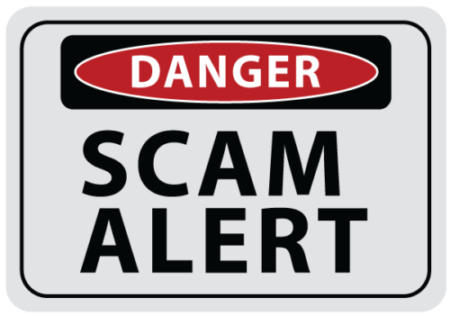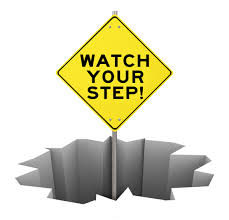A very unfortunate fact of life is that the elderly among us are often the victims of financial fraud and abuse.
It is more common than many people realize.
I have had personal experience with this as an elderly uncle of mine was a victim. For me, this is a very important topic.
My uncle was suffering from terminal cancer and was living out his last days in hospice care at a nursing home. As a result of his condition, he suffered from a diminished mental capacity. That was exhibited through rather difficult and contrarian personality characteristics. I was overseeing his care and had health care power of attorney and property power of attorney over his affairs.
A short time before his death, a volunteer worker from a well-known religious charity who was also an attorney facilitated the changing of his will. She gained access to my uncle through her association with the charity. The nursing home allowed that charity access to their patients. She managed to get a large bequest for herself and her friends. This change did not come to light until after my uncle’s death.
The uncle cut out a family member in the new will, apparently while under the influence of the charity worker.
The family member was not an innocent player. He continuously lied about his relationship and the nature of his interactions with his uncle. He and my uncle repeatedly clashed over the years. He did not assist in the care of my uncle whatsoever. The behavior of this family member left an opening that the volunteer-attorney took advantage of. If the family member had simply called the uncle a few times and not been abrasive there would have been no estate change.
Needless to say, the whole issue was litigated for a long time afterward. Initiated by and at some expense to the excluded family member. He likely about broke-even on what he gained (settlement) from the litigation when considering legal expenses. The total amount in the estate was ultimately diminished too due to legal expenses.
In the end, the charity volunteer obtained what she wanted. She did walk away with a pay-off.
Arguably, the charity volunteer and family member both were abusive regarding the elderly uncle.
Threats against the elderly can take many forms. While there is never a foolproof way to prevent elder abuse, here are some safeguards.
Carefully monitor the people who have access to the elderly person and their motives. Even if they come from a benign organization that supposedly legitimizes their presence. Remember my story about the charity lady.
When using professional advisors, research them completely. Even if the advisor comes highly recommended by a friend or family member. This means confirming that the person is properly licensed and does not have a history of mistreatment of other clients or other inappropriate behavior.
Make sure that a trustworthy person has power of attorney (POA). This may be essential as the elderly person becomes older and loses the ability to manage their own affairs. The POA holder needs to be trustworthy since abuse of POA can be great. The appointed POA generally can do whatever the elderly person can do on their own. It is usually a good idea to have an attorney review the POA document.
Carefully protect and keep secret financial and other information that can help a thief. This includes social security numbers, passwords, account numbers, pins, and any other sensitive information. Keep bank accounts confidential. Keep all financial information confidential.
Check credit card and bank account information for unauthorized or suspicious transactions. If anything is noticed, contact the financial institution immediately.
Reverse mortgages allow homeowners who are at least 62 years old to borrow money from the equity in their house. This technique may be appropriate at some times. But reverse mortgages can be a handy device for scammers.
Always beware of too-good-to-be-true offers and high-pressure sales tactics. The elderly are often susceptible to this. Nothing good ever comes of an important decision being made under that type of situation. Especially beware of financial offers that have deadlines.
Of all these, in my opinion, probably the most important is monitoring the people who interact with the elderly person who is at risk. Unfortunately in the case of my uncle, the charity person had free access to the nursing home and would randomly visit my uncle without the family’s knowledge. Sometimes even the best safeguards will fail. Still, it is good to be aware of potential weak points to minimize the chances that elder abuse will occur.



